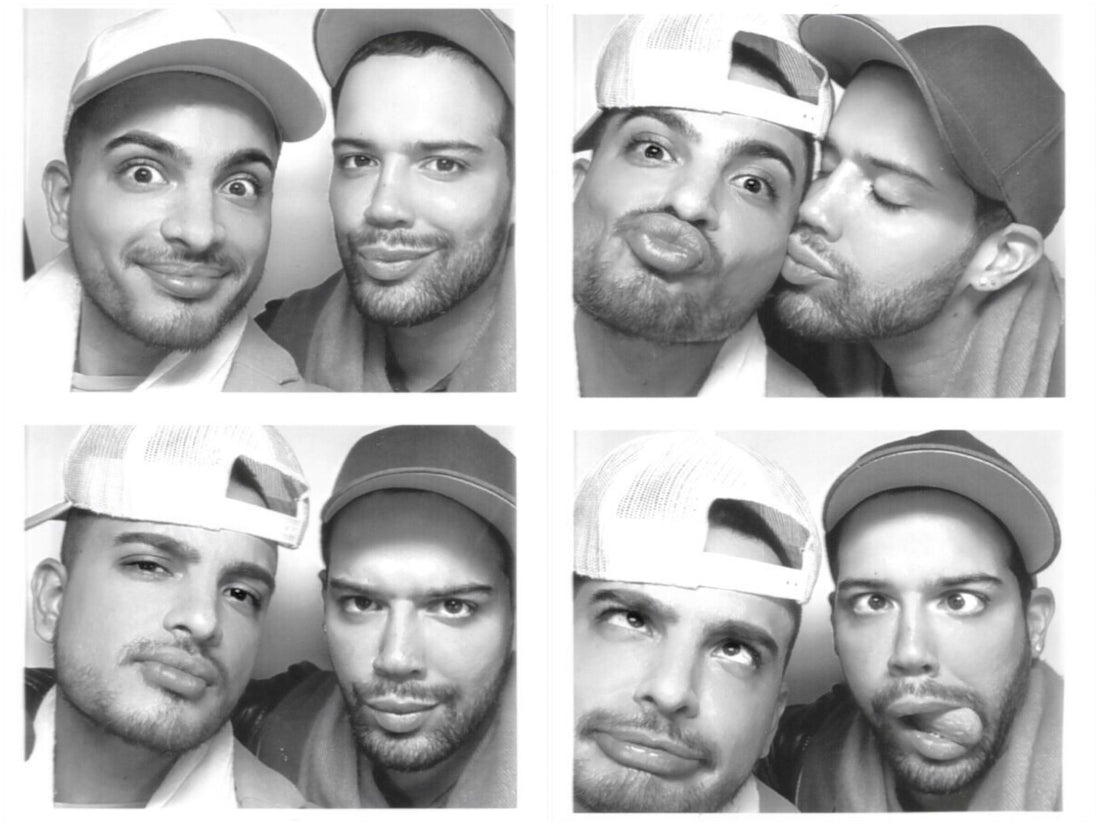
A Divine Moment
Share
I haven't had many romantic relationships in my life. Through therapy, I came to understand why. I've often had to prioritize survival and making ends meet over romance. It's like Maslow's Hierarchy of Needs—a model that explains the motivations behind human behavior. At the base of the hierarchy are physiological needs like food, shelter, and clothing. You can't focus on the higher needs—like love and belonging, esteem, or self-actualization—until the basics are secured. For much of my life, I've been stuck at the base, prioritizing survival.
My last real relationship, though brief, ended because of my insecurities. Five years later, with a drastically different life and newfound confidence, I wanted to give it another shot. I had changed. I was professional, polished, and had my life together. I was living in California and had finally found success, surpassing my ex in many ways. So, I flew back to New York, hoping to rekindle our flame. I wanted to show him that I was a changed man, evolved and refined. But it didn't work out.
Feeling defeated, I called my best friend, Jonathan. Before I could even explain what had happened, he heard it in my voice and said, "Come home, Chicken." Jonathan was also going through a low point in his life, so he understood the need for comfort and companionship. With my tail between my legs, I walked into Jonathan's apartment. He didn't ask much, didn't grill me on my decision to fly across the country for a shot at rekindling an old flame, and didn't say, "I told you so." He just grabbed his keys and said, "Let's go eat."
We got in his car, and I settled into the familiar passenger seat, the same one I'd occupied for years. We drove in silence, listening to a playlist of Stevie Nicks, Celine Dion, and Myriam Hernández. Our destination was Kiku, a hibachi restaurant in Paramus, New Jersey. It was our spot, a place we frequented at least once a month when I lived in New York full-time. Kiku had horrible carpeting and simple decor, but the food was incredible.
That night, we had the hibachi grill to ourselves. It felt like the universe knew we needed solitude. The mood was somber, heavy with unspoken thoughts and feelings. We ordered our cocktails, as we always did. When the food arrived, I asked Jonathan how it was. He took a bite, paused, and said, "It's... divine."
There was a brief silence before I burst into laughter, spitting out my lychee martini. The word "divine" seemed so over-the-top, yet so fitting. We laughed uncontrollably, the kind of laughter that makes your sides hurt. That night, we didn't feel alone anymore. We knew we would always have each other. The word "divine" became an inside joke, a word our friends and family began using to describe everything. For Jonathan and me, food is our love language. It's how we connect, laugh, talk, and heal.
In those moments, I realized that while I had spent much of my life focusing on the basic needs of survival, I had finally begun to climb Maslow's hierarchy. The laughter, the companionship, the shared meals—these were not just fleeting comforts but essential steps toward love, belonging, and even self-actualization. Sometimes, it takes a simple dinner, a bit of laughter, and a stiff drink with your best friend to remind you that life is more than just surviving; it's about finding those moments that make it all worthwhile. Because that, truly, is divine.
